Closure of Covel Peer Learning Labs Announced
On March 7, several Peer learning facilitators and I received an e-mail from Penny Hein-Unruh, Assistant Vice Provost for Undergraduate Academic Support, announcing the closure of Covel Peer Learning Labs effective June 10. In a post on Chancellor Gene Block’s Facebook fan page, Dean and Vice Provost Judith Smith wrote that “state funds for the Division have been cut substantially over the past few years” and as a result a vital service for students has been eliminated.
Despite the cut to funding, it is imperative that the University recognize that the closure of the Math/Science and Composition/ESL labs at Covel will have a large impact on students and facilitators and action must be taken to continue to provide this unique and invaluable service.
Once the news became public, Peer Learning facilitators (PLFs) launched a campaign to save Covel Peer Learning Labs, which included forming a committee to petition the administration to provide peer learning services to the general population. This has taken the form of hundreds of testimonials, over 1,000 signatures on a petition to save the Learning Labs , and support from various student groups such as Mortar Board and the Biomedical Engineering Society, as well as academic departments such as the Regents Scholar society and Professor Rosenzweig, chair of the physics department.
Third-year, physiological sciences and pre-dental student Stephanie Kroll wrote: “Covel Peer Learning Labs saved my life as a pre-health major. With such large, competitive classes, it’s difficult to find that extra edge enabling you to stay in the game. Covel’s collaborative style encourages students to work together to gain a better understanding for all, a learning style that is unrivaled anywhere else on UCLA’s campus.”
After continuous posts to Chancellor Block’s Facebook fan page in opposition to the closure of the Learning Labs, Vice Provost Smith replied by justifying the decision and outlining the priorities of the University, writing: “In consultation with my leadership cabinet, I have set three priorities for the student-based programs offered by the Division.” Her three priorities were: saving academic programs (i.e. Freshman Clusters, Honors Collegium), academic counseling, and the Academic Advancement Program (AAP).
Although such programs are important, there is immense value in offering a free tutoring service for the approximately 20,000 undergraduates who cannot receive assistance at AAP or are not student-athletes. UCLA prides itself for its academic excellence; however this success does not come easily for every incoming freshman who might struggle with the transition from high school to college. This is especially daunting in math/science lower division courses, where the number of students per lecture might be exceedingly high. Take for instance Chem 14B, a common requirement for many pre-med students, which has an enrollment capacity of 235 students this quarter. It is not easy for students in such crowded classrooms to raise their hands and ask questions, and it might be equally hard to get the personalized attention from a professor.
Also, the Composition/ESL lab offers writing assistance for a variety of courses and for all stages of the writing process, which is beneficial for students who struggle with college level writing requirements or international students who are having difficulty with the language. Students who come to the Composition/ESL lab meet with a facilitator one-on-one; this individualized attention is not offered at AAP.
Covel Peer Learning Labs allow students to come and receive assistance from fellow students who have gone through similar experiences and have the knowledge to help their peers succeed academically. PLF’s do not “teach” the material, but rather work collaboratively with students, guiding them through problems and group-based activities. It is the inherent value in discussion and interaction with other students that make our program unique; it is more than mere memorization and regurgitation. Not only do the students who come to the session benefit from this service, but PLFs, who are fellow Bruins, are also afforded a unique opportunity to learn the material they are facilitating more in-depth, develop effective communication skills and confidence in themselves, all of which are skills that will transcend long after graduation.
There might be doubt in the effectiveness of our program, but as a facilitator for the past two years and as one of the current athletic supervisors, I can vouch that what we do at Covel is more than “tutoring.” We build meaningful connections with students, which is evident in the staggering number of testimonials from current and past students who passionately testify to the help they received at Covel.
Granted, PLFs are not professors, but they are highly qualified students who have a passion for helping others succeed by sharing their knowledge and tools they have acquired at UCLA. Facilitators are kind, friendly, intelligent individuals who can have a direct effect on the learning of someone else.
It is regrettable that a program that has so much to offer can be “restructured” without any concrete plans and not be seen as a priority. Although Vice Provost Smith has alluded to creating a new Math/Science and Composition program by next fall, it begs the question, why take away a program that has been working and serving thousands of students to create something completely new?
If the goal of the University is to be cost-effective, this does not seem to be the solution. The University needs to recognize that cutting programs might be inevitable, but it must not be done at the expense of the student population and that they should explore alternate solutions before eliminating a student program that has had so much impact on the lives of so many.
If you want to help in the campaign to provide Covel peer learning services, please visit www.savecovel.com.

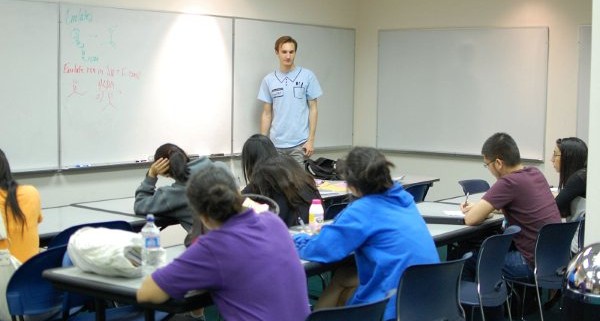
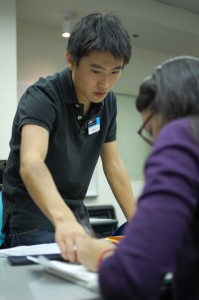
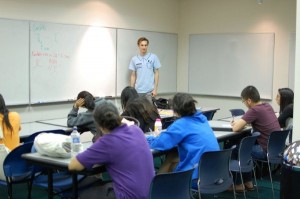
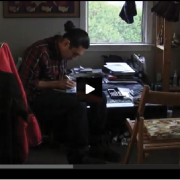

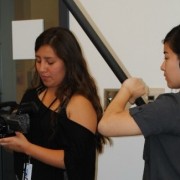


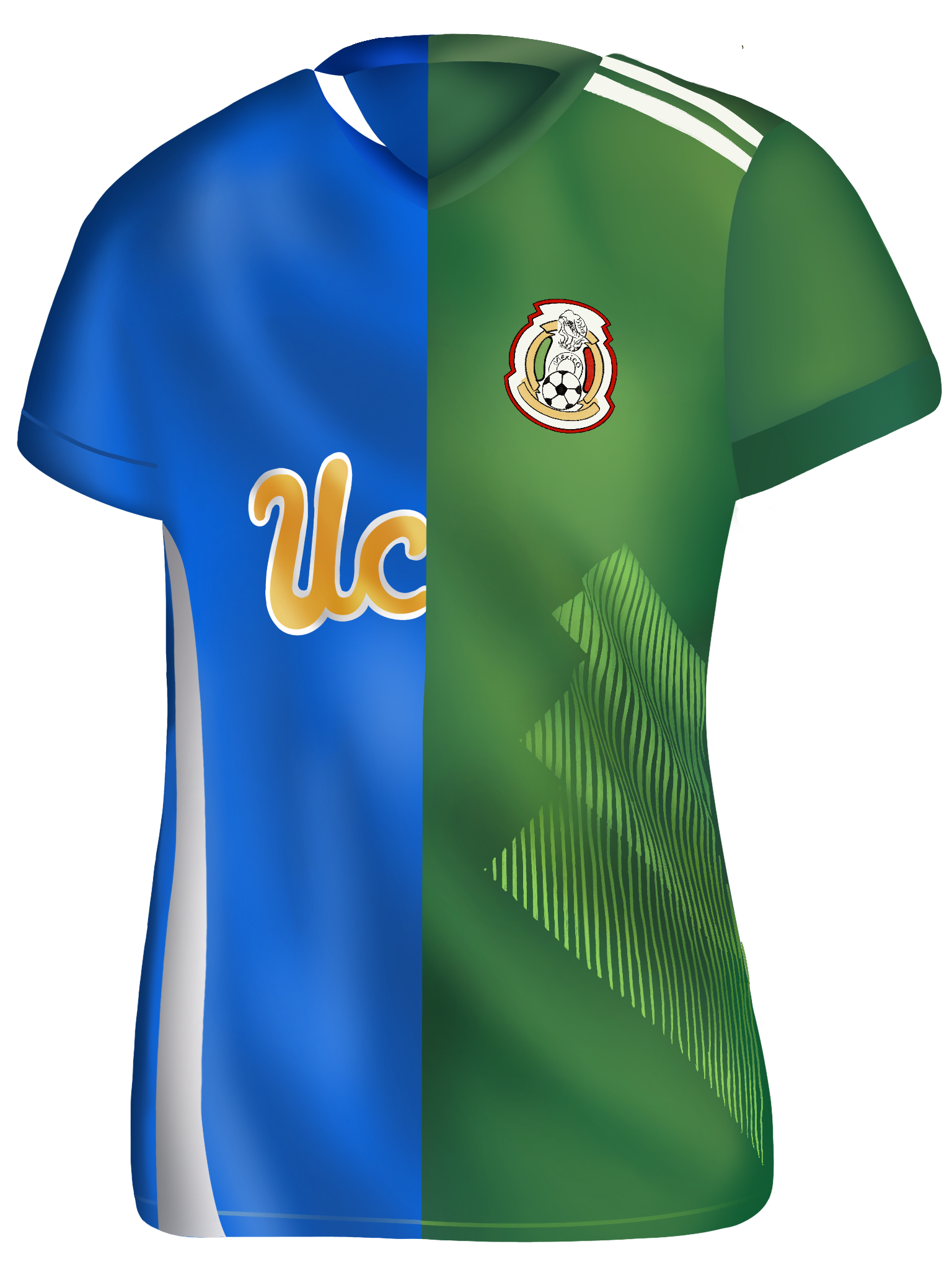
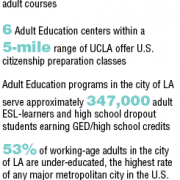
Leave a Reply
Want to join the discussion?Feel free to contribute!